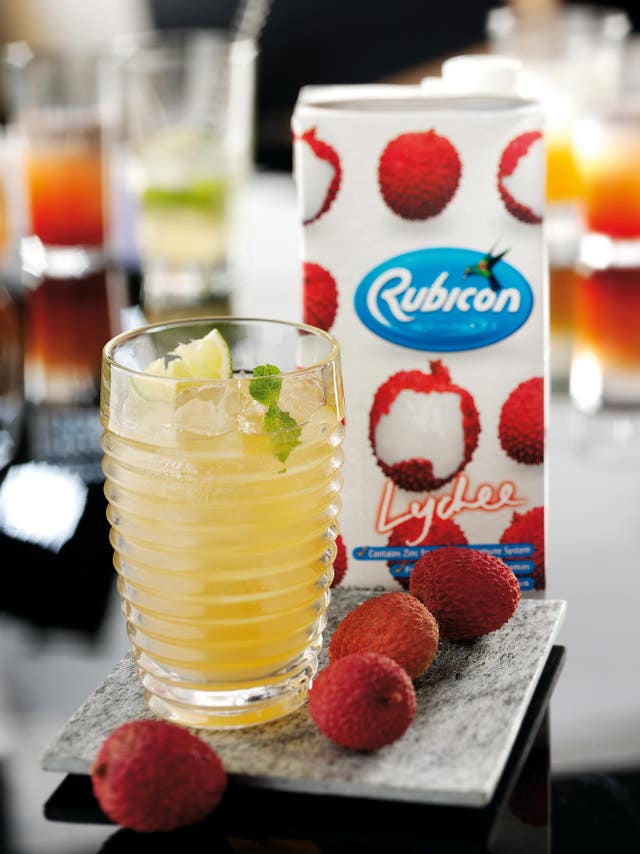
Irn Bru maker AG Barr has cheered a growing following for its brands outside of Scotland, but revealed the impact of Brexit-fuelled costs and investment in advertising as half-year profits fell 8%.
The group, which is also behind Rubicon and Tizer, saw bottom line pre-tax profits fall to £19.4 million in the six months to July 29 from £21.1 million a year earlier despite an 8.8% surge in revenues.
It said cost pressures from the Brexit-hit pound and spend on marketing for its brands hit profit margins, although these were lessened by recent moves to hike prices and overhaul its business, which involved cutting 10% of its workforce.
Cumbernauld-based AG Barr hailed a “particularly pleasing” sales performance in England and Wales after a concerted push to increase sales south of the border.
 AG Barr is reducing the sugar content of brands across its stable
AG Barr is reducing the sugar content of brands across its stable
It added that sales in Scotland have also been boosted by its recent no added sugar range.
Roger White, chief executive of AG Barr, said: “While we maintain tight cost control across the business, we have increased investment in the support of our brands and innovation launches and expect to continue this across the full year.”
Soft drink sales were given a fillip across the industry by this year’s early summer heatwaves, but AG Barr said the cooler weather since then has impacted sales.
Mr White said despite the hit from the “mixed weather since late July”, the group remains on track for the full-year.
On an underlying basis, the group’s half-year pre-tax profits edged 2.9% higher to £17.5 million.
AG Barr has been leading a revamp to reduce the sugar content of some of its best known brands ahead of a government crackdown on the fizzy drinks industry.
It said it was “making good progress” to ensure over 90% of its brands will contain less than 5g of total sugar per 100ml by next January.
AG Barr is grappling with a shift in consumer tastes towards low-sugar drinks and is preparing for the implementation of a sugar tax in 2018.
The proposed levy, due to be introduced in April 2018, is aimed at tackling soaring obesity rates.
The industry tax relates to the sugar content of drinks, with a higher amount charged for the most sugary beverages.


Why are you making commenting on The Herald only available to subscribers?
It should have been a safe space for informed debate, somewhere for readers to discuss issues around the biggest stories of the day, but all too often the below the line comments on most websites have become bogged down by off-topic discussions and abuse.
heraldscotland.com is tackling this problem by allowing only subscribers to comment.
We are doing this to improve the experience for our loyal readers and we believe it will reduce the ability of trolls and troublemakers, who occasionally find their way onto our site, to abuse our journalists and readers. We also hope it will help the comments section fulfil its promise as a part of Scotland's conversation with itself.
We are lucky at The Herald. We are read by an informed, educated readership who can add their knowledge and insights to our stories.
That is invaluable.
We are making the subscriber-only change to support our valued readers, who tell us they don't want the site cluttered up with irrelevant comments, untruths and abuse.
In the past, the journalist’s job was to collect and distribute information to the audience. Technology means that readers can shape a discussion. We look forward to hearing from you on heraldscotland.com
Comments & Moderation
Readers’ comments: You are personally liable for the content of any comments you upload to this website, so please act responsibly. We do not pre-moderate or monitor readers’ comments appearing on our websites, but we do post-moderate in response to complaints we receive or otherwise when a potential problem comes to our attention. You can make a complaint by using the ‘report this post’ link . We may then apply our discretion under the user terms to amend or delete comments.
Post moderation is undertaken full-time 9am-6pm on weekdays, and on a part-time basis outwith those hours.
Read the rules here